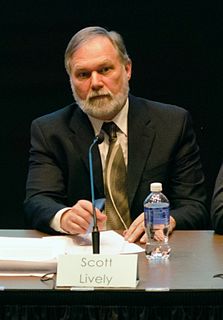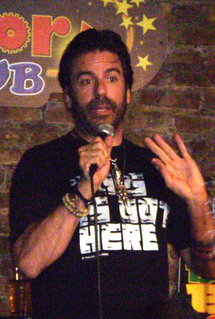A Quote by Alfred Brendel
I have a great need to learn what the norm is by dealing with what is not the norm... with the grotesque and the fantastic.
Related Quotes
The left believes that we're an unwarranted, undeserving superpower because we're a racist, bigoted nation from our founding. So Obama presides over America's decline and tells everybody "get used to it. This is the new norm." The new norm is no full-time jobs. The new norm is government getting bigger. The new norm is you having no wage increases for 15 years. This is what the new norm is, as we entered the global marketplace. And the American people don't want any part of that. That's not America.
If you're writing in the mainstream... Whatever that is - the norm. The norm is likely going to be funded because you're giving people what they're used to and what they're gonna get. But anything outside of that norm is going to struggle to get funded. The people who are not "the norms" deserve the chance to make art. I think it's great for all of us to consume all these voices, and that happens when you support these voices that need to be supported because they're not the automatic choice coming out of the gate.
I think that all moralities adequately serving the function of fostering social cooperation must contain a norm of reciprocity - a norm of returning good for good received. Such a norm is a necessity, I argue, because it helps relieve the strains on motivation of contributing to social cooperation when it comes into conflict with self-interest.
What, by a word lacking even in grammar, is called amorality, is a thing that does not exist. If you are unwilling to submit to any norm, you have, nolens volens , to submit to the norm of denying all morality, and this is not amoral, but immoral. It is a negative morality which preserves the empty form of the other.
...when doing science (or perhaps when doing anything at all in a society as judgmental as our own), be very careful and very certain before pronouncing something to be a norm - because at that instant, you have made it supremely difficult to ever again look objectively at an exception to that supposed norm.




































